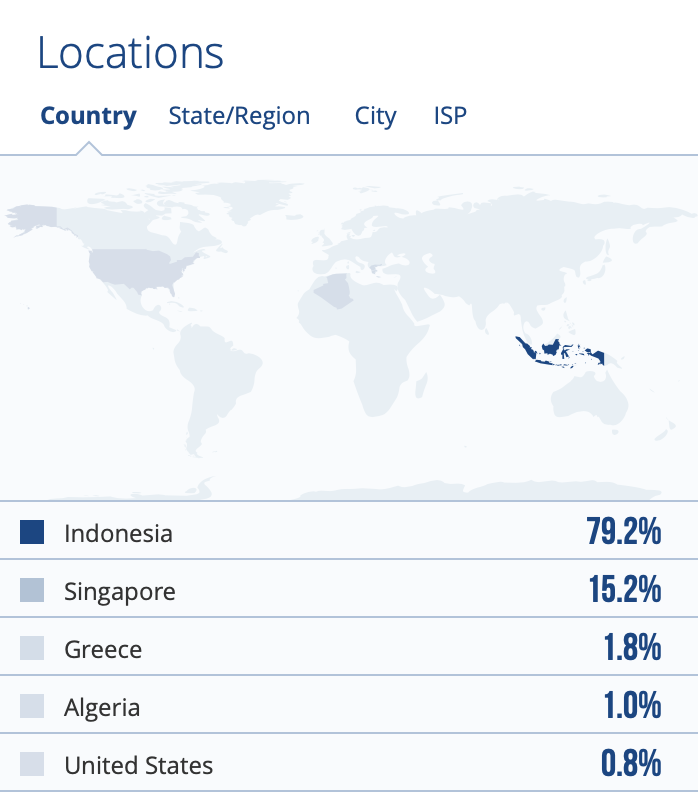UNLOCKING FLUENT SPEECH: ENHANCING STUDENTS' SPEAKING SKILLS (A CASE STUDY AT JEUMALA AMAL ISLAMIC BOARDING SCHOOL)
DOI:
https://doi.org/10.31980/eeal.v7i2.1620Keywords:
Speaking, factor Influence speaking, islamic boarding schoolAbstract
Speaking skills are essential for students, especially in Islamic boarding schools where daily conversations are prevalent. Students become more engaged in speaking English by emphasizing daily vocabulary memorization, particularly when influenced by equally motivated friends. This research aims to identify the factors that impact students' speaking performance in Islamic boarding school using a qualitative descriptive method. The data was collected through interviews, revealing that motivational factors and the language used in communication significantly influence students' speaking abilities. This study found that requiring students to speak English at Islamic boarding schools helps them become more proficient in speaking. Hence, students' daily activities at Jeumala Amal Islamic boarding school can be utilized to enhance their speaking skills.
References
Astuti, P., & Lammers, J. C. (2017). Making EFL instruction more clt-oriented through individual accountability in cooperative learning. TEFLIN Journal - A Publication on the Teaching and Learning of English, 28(2),236.
Chomsky, Noam. (1965), Aspects the theory of syntax. Cambridge, Massachusetts: The MIT Press.
Haidara, (2014). Psychological Factor Affecting English Speaking Performance For English Learners in Indonesia. Proceeding International Conference on Educational Research and Evaluation (ICERE),512-591.
Hedge, T. (2001). Teaching and learning in the language classroom (Vol. 106). Oxford,, UK: Oxford University Press.
Krisna, B. A., & Syafii, A. (2020). ‘If they hinder to speak, how they learn it?’ cause and solution for student reluctant to speak in speaking class. SALEE: Study of Applied Linguistics and English Education, 1(02), 81–88.
Mazouzi, M. S. (2013). Analysis of Some Factors Affecting Learners’ Oral Performance (Master's thesis).
Minghe, G., & Yuan, W. (2013). Affective factors in oral English teaching and learning. Canadian Research &Development Center of Sciences andCultures,
Savaşçı, M. (2014). Why are some students reluctant to use L2 in EFL speaking classes? An action research at tertiary level. Procedia Social and Behavioural Sciences,116,2682-2686.
Toubot, A. M., Hock Seng, G., & Binti Atan Abdullah, A. (2018). Examining levels and factors of speaking anxiety among EFL Libyan English undergraduate students. International Journal of Applied Linguistics and English Literature, 7(5), 47.
Tuan & Mai,( 2015).Factor affecting students’ Speaking performance at Le Thanh Hien High School,3(2),8-23.
Downloads
Published
How to Cite
Issue
Section
License
Copyright (c) 2024 English Education and Applied Linguistics Journal (EEAL Journal)

This work is licensed under a Creative Commons Attribution-NonCommercial-ShareAlike 4.0 International License.






